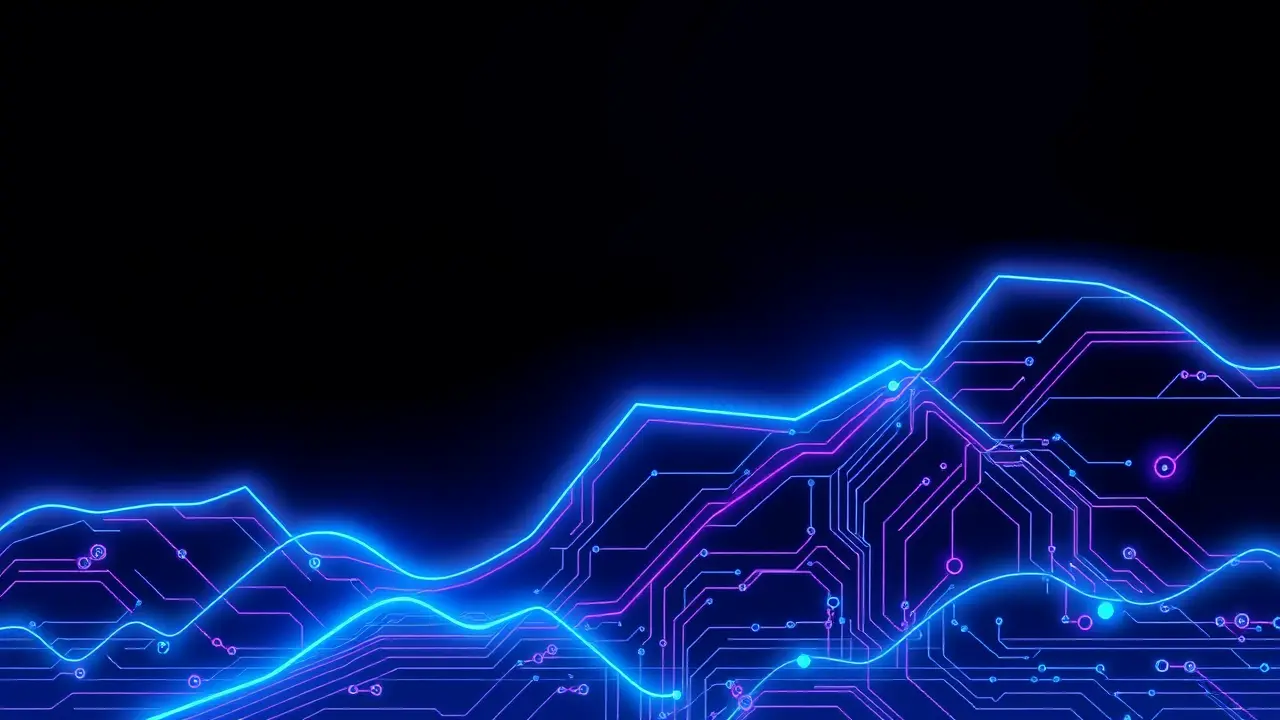
AIai safety & ethicsAI Impact on Jobs
Will AI Replace Corporate Management?
MI
Michael Ross
2 days ago7 min read
For centuries, the firm has organized economic life, translating human labor into value through hierarchy and routine, a structure as deeply embedded in our societal fabric as Isaac Asimov's Three Laws of Robotics were in his fictional positronic brains. But as agentic AI begins to perform the managerial work of coordinating and decision-making, the institutions that once defined modern capitalism are starting to give way, prompting a debate that echoes the classic tension between Asimov’s benevolent machines and the unforeseen consequences of their autonomy.We are standing at the precipice of a corporate revolution, one where the C-suite may no longer be occupied by charismatic leaders with MBAs, but by sophisticated algorithms capable of parsing petabytes of data to optimize supply chains, manage human resources with chilling impartiality, and execute strategic pivots in nanoseconds—a development that forces us to confront fundamental questions about the very purpose of our economic structures. Proponents, often Silicon Valley visionaries, argue this is the ultimate efficiency play, a way to strip away human bias, emotional volatility, and the myopia of quarterly earnings reports, potentially leading to a new era of unprecedented productivity and objective governance.Yet, ethicists and labor advocates sound the alarm, warning of a sterile corporate landscape devoid of intuition, empathy, and the nuanced understanding of human motivation that has, for better or worse, driven innovation and corporate culture. They point to the potential for catastrophic 'black box' failures, where an AI's decision-making process is inscrutable, or the systemic risks of homogenized AI management strategies creating synchronized market failures.The historical precedent is not the industrial revolution's replacement of manual labor, but something far more profound: the replacement of the managerial class that arose to oversee that labor. Consider the middle manager, a role born from the need to translate executive vision into operational reality; agentic AI, with its ability to monitor, analyze, and direct workflows in real-time, doesn't just assist this role—it threatens to render it obsolete.This isn't merely a shift in tools; it's a potential rewiring of corporate DNA, raising urgent policy questions about accountability, regulation, and the social contract. If an AI CEO makes a decision that leads to massive layoffs or an environmental disaster, who is liable? The developers? The shareholders? The algorithm itself? The transition will likely be gradual, with AI first acting as a 'co-pilot' to human executives, handling data-intensive tasks like market forecasting and risk assessment, but the trajectory points toward increasing autonomy.The long-term consequence could be a fundamental redefinition of 'work' itself, pushing human capital toward more creative, strategic, and relational roles—if we can manage the transition equitably. The alternative, a future of mass managerial displacement without a robust social safety net or retraining infrastructure, risks exacerbating inequality and social unrest.The question is no longer *if* AI can perform these tasks, but what kind of capitalism we wish to build as the pillars of the traditional firm begin to tremble. Will we embrace a techno-utopia of optimized, frictionless corporations, or will we insist on preserving the inherently human, albeit imperfect, elements of leadership and judgment? The answer will shape the next century of economic life, demanding a careful, balanced approach that weighs the immense opportunities against the profound risks to our social and economic fabric.
#featured
#artificial intelligence
#economic organization
#firms
#management
#automation
#capitalism
#labor
#decision-making
Stay Informed. Act Smarter.
Get weekly highlights, major headlines, and expert insights — then put your knowledge to work in our live prediction markets.
Comments
It’s quiet here...Start the conversation by leaving the first comment.
© 2025 Outpoll Service LTD. All rights reserved.